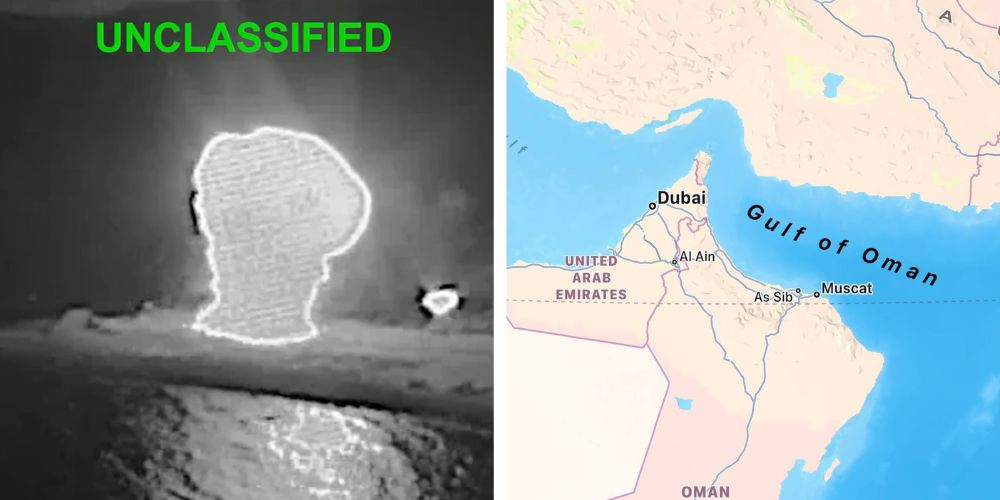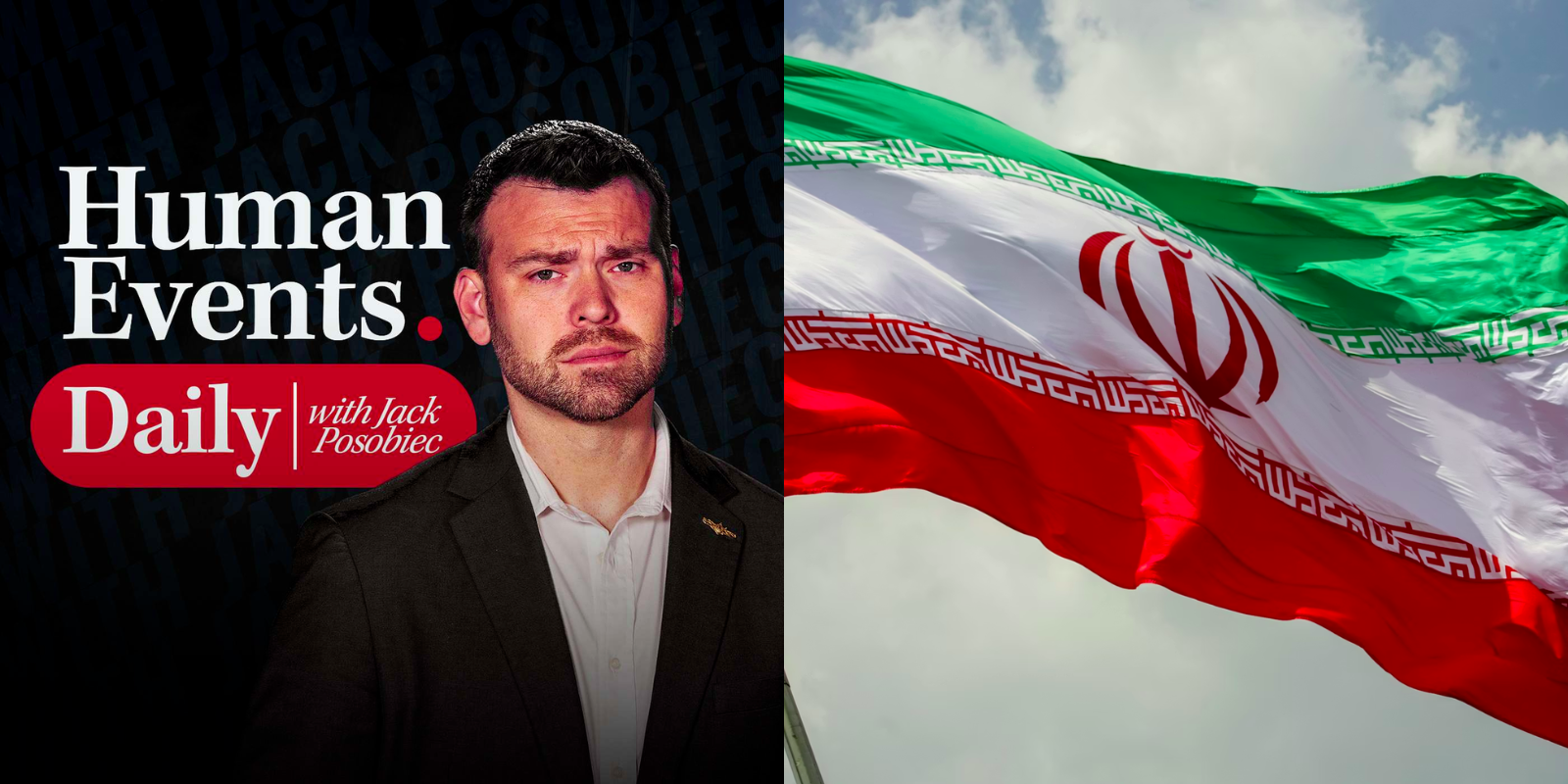Politicians have been quick to blame climate change when it comes to the aftermath of the Maui wildfire disaster that has killed hundreds of men, women, and children and damaged homes and property, but that's a lazy response to shift blame. The Hawaii disaster response and infrastructure failure is not the result of climate change: There's plenty of man-made failure to go around.
Downed electric lines, made worse by hurricane-force winds, caused wildfires that ripped through the small town of Lāhainā to spread quickly, cause widespread property damage, and kill 115 people. Nearly 1,000 people are still missing including an unnamed number of children.
Politicians on the island and U.S. mainland have been quick to blame climate change for the Maui wildfires. While on CBS' "Face the Nation" Sunday, Hawaii Gov. Josh Green, a Democrat, said as much, even while acknowledging resources to stop the fires were delayed.
"So just to be clear, when you're talking about global warming, are you saying climate change amplified the cost of human error?" CBS host Margret Brennan asked.
"Yes. It did," Green replied.
In the Chicago Tribune, Vanessa Kerry suggests, "Hawaii wildfires show us that the climate crisis is affecting our health."
The number of deaths and people suffering from the physical effects of trying to stay alive in the midst of the wildfires is surely overwhelming. But there's little evidence that the fires began — or ended — due to a climate crisis, but a crisis of human response.
The electric company that allegedly sparked the fires with downed lines, Hawaiian Electric, has been dogged for years for mismanagement. A new lawsuit claims that, as NBC News reports, "Hawaiian Electric helped set the stage for the monstrous wildfires last week." The plaintiffs allege the utility company has been negligent for years and should have known prior to the wildfires just how to shut down the power before it could worsen and the fires could spread.
"Hawaiian Electric is not just responsible and they weren't just negligent," said Mikal Watts, a lead attorney on the case. "They were grossly negligent by making conscious decisions to delay grid modernization projects that would have prevented this very tragedy."
Even the response to the impending disaster by local officials was awful. A New York Times op-ed written by an engineer and disaster consultant, respectively, claims that "Hawaii has one of the most sophisticated tsunami warning systems in the world, fine-tuned over the course of almost 80 years." The state's emergency alert system relies on sirens, radio, and TV broadcasts and none went off. Texts were sent out in some areas but much too late. "For a place so experienced in careful preparation for disaster, the death toll is incomprehensible," they write.
Yet the local official responsible for setting off the alarms never did so and doesn't regret it. Hawaii's incredible siren warning system, which could have saved hundreds of lives, wasn't triggered to sound. The administrator of the Maui Emergency Management Agency said he decided not to sound the siren alarms because he worried, since typically the sirens are used for tsunamis, people would run toward the flames. He continues to defend his decision as the death toll rises. While that's possible, wouldn't most people have taken a look outside their homes, seen the wildfires instead of a tsunami wave, and taken cover?
We've also recently learned that the only road out of town was blocked by barricades. The only people who exited that way and survived were those who ignored the barricade.
Finally, while the wildfires were undoubtedly made worse by a deadly combination of dry grass and high winds, it didn't help at all, and in fact was made entirely worse, that firefighters were unable to receive the water supply necessary to douse the growing flames. According to a local Honolulu news source, "a state water official delayed the release of water that landowners wanted to help protect their property from fires. The water standoff played out over much of the day and the water didn't come until too late."
The Department of Land and Natural Resources delayed releasing water that West Maui Land Company, an organization that manages water supply and residential subdivisions, requested to help prevent the spread of fire. This cost precious time for firefighters already spread thin. The West Maui Land Company sent a letter to the deputy director, M. Kaleo Manuelan, at the Hawaii Commission on Water Resource Management describing the "communication problems that resulted in a delay in diverting streams to fill reservoirs being made available to firefighters."
Hurricanes and strong winds have been with us for centuries, as has dry vegetation due to summer temperatures. But these were exacerbated by officials' poor response to a sparked fire by power lines that human beings designed, not climate change. From downed electric lines, to a failure to properly execute the emergency alert system, to the decision to delay necessary water supplies to firefighters, Hawaii's wildfires were already bad enough with dry grass and high winds; Unfortunately, the entire scenario was made worse, not by climate change but by inept officials.
NICOLE RUSSELL: Hawaii's disaster response failure is the result of inept leaders—not climate change
The local official responsible for setting off the alarms never did so and doesn't regret it.
Image:
Popular
View All-
US Embassy attacked by drones in Riyadh
-
US sinks all 11 of Iran's ships in Gulf of Oman: CENTCOM
-
JACK POSOBIEC: This is not a forever war
-
BREAKING: Iran shuts down Strait of Hormuz, threatens to torch any ship that enters it: IRGC
-
DANIEL HAYWORTH: Trump's high-stakes Iran war puts his legacy and the US on the line
-
BREAKING: Qatar, UAE pushing for diplomatic off-ramp after Qataris back US, down Iranian jets





